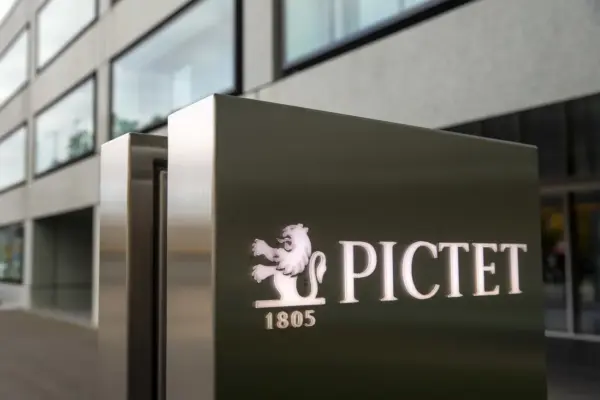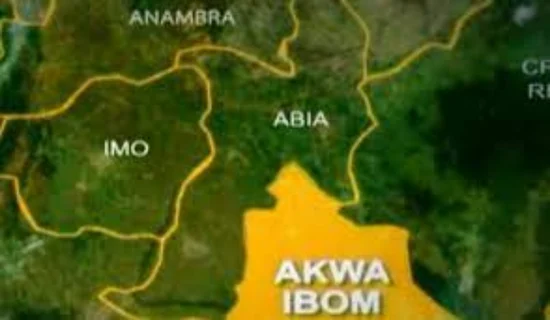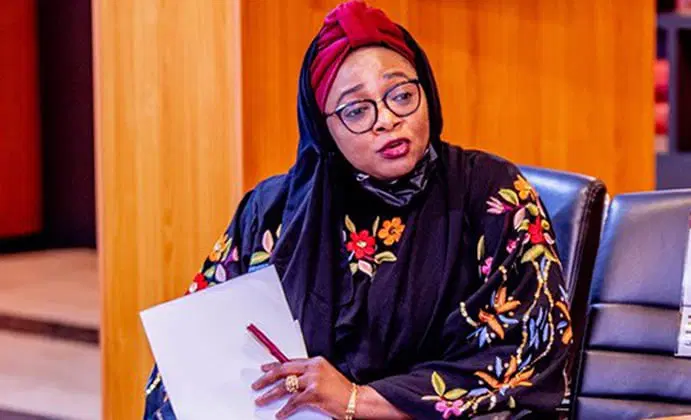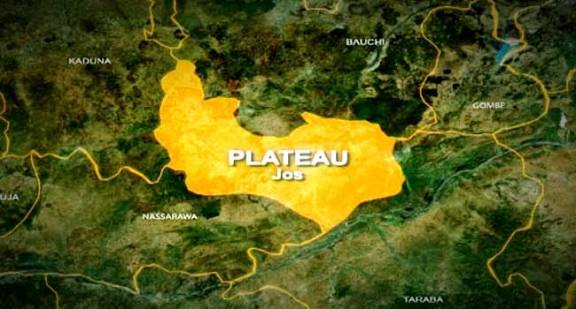The Federal Executive Council approved the $3.45 billion World Bank loan application on Monday.
The loan consists of initiatives for women’s empowerment, the electricity sector, renewable energy, the states’ resource mobilization program, and the teenage girls’ initiative for learning and empowerment, The PUNCH reports.
The government would proceed to receive the $3.5 billion “zero-interest” loan payable over 40 years with a 10-year moratorium, according to the Minister of Finance and Coordinating Minister of the Economy, Wale Edun, who informed State House Correspondents that payments would start in 2033.
“I delivered five memos to the Federal Executive Council today, and the Council graciously approved them. They had to do with finance that was very generously offered by the World Bank and the International Development Association, including financing that was often zero-interest.
“The power sector was the first to receive financing approval, followed by the renewable energy sector. States received cash for resource mobilization initiatives to support their efforts to increase locally generated revenue.
“Adolescent girls’ initiative for learning and empowerment has a project. Finally, a project for women received the sixth money that had been authorized,” Edun said.
According to the finance minister, the $700 million girls’ plan would help young girls who were of secondary school age acquire employable skills in addition to their academic accomplishments.
Edun said that the current project is 700 million and that those five loans totaled $3.45 billion. “And as you are aware, the tenure is all about 40 years, with a moratorium period of around 10 years and interest very low, or in the cases of either loans, zero interest. However, some fees would be incurred,” he added.
The girls’ program, which started out in seven states initially, was expanded across 11 states, according to the Minister of Education, Dr. Tahir Mamman.
Mamman said there would be roughly 11 additional states involved in this project, which would empower girls between the ages of 10 and 20 throughout the participating states, up from the original seven.
“This is a very significant expansion of this program, which is intended to empower our teachers, our girls, and the establishment of additional schools throughout the country.”
The activities, he continued, were in line with the Tinubu administration’s goal of reducing, “if not completely eliminating,” the proportion of girls and kids who are not in school.
Additionally, the Federal Executive Council gave its approval for the creation of the Humanitarian and Poverty Alleviation Fund, which aims to raise $5 billion annually for immediate humanitarian disasters.
The Minister of Humanitarian Affairs and Poverty Reduction, Dr. Betta Edu, revealed this to journalists, adding that in addition to contributions from the government and the private sector and individuals, the funding will also come from the government’s development partners.











